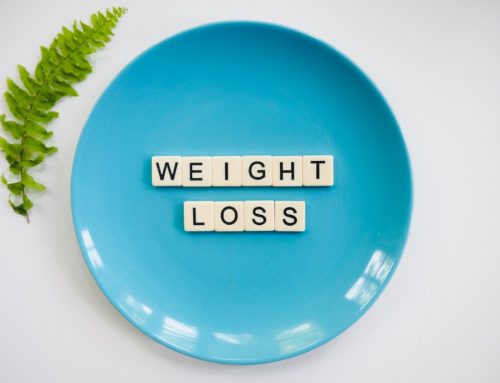With the New Year upon us many of us make the resolution to be healthier. In most cases that is interpreted as losing weight. Many of us will join the gym and begin to exercise. For some that will be sufficient as the last few holiday pounds come off. However, to ensure better health in the long term that is not the solution. The road to better health starts with food and drink – what we are putting into our body.
My purpose in this article is to be straight forward and make it simple. Here are the foods I recommend you eat on a regular basis, unless of course you are allergic. These foods emphasize what lacks in many American diets – vegetables and fruit for vitamins and minerals to fuel our metabolism, healthy sources of protein to build our bodies, and healthy fats that are sources of Omega 3’s and vitamins A, D, E, and K. If you want more details about these foods see my blog and other nutrition resources.
Before we explore what to eat, it is equally and perhaps more important to avoid certain foods. These foods are the main cause of poor health and disease. They are: excess sugar (that means anything that isn’t naturally in the food), high fructose corn syrup, artificial sweeteners, highly processed vegetable oils, and trans-fats.
Now, on to the good stuff! Here’s what to eat and you’ll notice there is plenty of choice! Eating healthy is easy and fun. But it does require a little effort as well.
First and foremost is water! While we don’t necessarily think of water as food, it is one of the most important nutrients for your body. Most of us simply do not drink enough water. And remember – coffee is not water, juice is not water, milk is not water, beer is not water – water is water! What kind should you drink? Due to space constraints I’ll keep it simple – some type of filtered water without chlorine and fluoride is best. How much to drink? The rule of thumb is one half your body weight in ounces. That is not universal so you need to see what works for you. If you introduce more vegetables into your diet they are loaded with water.
Eat more vegetables. The best are the leafy greens and the cruciferous family. To ease digestion both leafy greens and cruciferous vegetables are best steamed or lightly stir fried. They should both be staples in your diet. Leafy greens include kale, Swiss chard, beet greens, mustard greens, collard greens, and spinach. The cruciferous family includes broccoli, cabbage, cauliflower, kale, bok choy, and Swiss chard.
Eat more fruit, but don’t overdo it. Vegetables are way more important than fruit and fruit should be limited to 25 grams of fructose per day. The best fruits are berries because they are low in fructose. Include blueberries, strawberries, raspberries, and cherries in your diet. Berries freeze well so you can stock up while they are fresh during the summer and use them year round.
Eat healthy sources of protein. This means grass fed meats, pastured chickens, wild fish, and eggs from pastured chickens. Except for the fish, these are all available from local farmers.
I encourage you to avoid high carbohydrate foods such as cereals, grains, and rice. But, if you must have something then Quinoa (keen-wah) is your best bet. It is gluten free and is loaded with minerals and fiber.
Eat healthy sources of fat. This includes avocado, organic butter, extra virgin olive oil, organic coconut oil, and nuts and seeds. For those with an allergy to the dairy protein casein, ghee (clarified butter) is an equally healthy option.
Nuts and seeds are a good source of fat, protein, and fiber. They are best digested and utilized by the body when raw and then soaked and dehydrated. Consider almonds, walnuts, pecans, macadamia, pumpkin seeds, and sunflower seeds. They make an excellent snack (please, just a handful).
Find a fermented food that you like. This can be raw sauerkraut, Kim-chi, or kefir. Kefir is a lacto-fermented dairy product. Your best bet is to buy plain versions and add your own fruit. If you have a dairy allergy you can use coconut milk or coconut water kefir.
Bernard Rosen, PhD is a Nutrition Consultant and Educator. He works with individuals, groups, and at corporations to create individualized nutrition and wellness programs. His office is in Mequon, WI. To learn more or to schedule an appointment, e-mail at bernie@brwellness.com, call (262) 389-9907 or go to www.brwellness.com.







